Based on a true story
The first thing 12-year-old Najmul* became aware of before he opened his eyes was the gentle jostling of being in motion and unfamiliar sounds. He felt groggy and his eyelids were heavy, but as he gradually became more aware of his surroundings, a tightness developed in his chest.
From his high vantage point, he could see there were other people sleeping on shelf-like beds like himself, stacked one on top of the other in rows. The small space reeked of urine and body odor, and it was hot and sticky. An open window provided small relief, but Najmul was frightened to see the landscape passing by so quickly.
He was in an upper berth on a sleeper train, racing through the South Asian countryside. But Najmul had never been on a train before, and he had no idea how he got there.
A stranger’s plea
“Do you know the way? Will you show me?” the stranger asked Najmul.
The day before, Najmul had been walking along the road as the sun was beginning to set, hungry for his mother’s cooking after a day in the fields helping his father. His father had stayed behind to finish up, so Najmul walked alone.
A man coming the opposite direction seemed very confused about where he was. He stopped and pleaded with Najmul for directions, but Najmul had no idea what the man was talking about and was growing irritated.
“I don’t know that place, and I have to get home,” he said again to the man, and pushed past him to continue on.
That was the last thing he remembered.
*
 On the train now, fear gripped Najmul. He had to get off. The cabin was mostly dark with people still sleeping, but outside light was slowly creeping across the sky.
On the train now, fear gripped Najmul. He had to get off. The cabin was mostly dark with people still sleeping, but outside light was slowly creeping across the sky.
He waited until the train came to its next stop and then quietly crept down from the berth and got off.
Navigating an unfamiliar world
Tired-looking passengers shuffled around the small train station, some sleeping on the ground, others drinking cups of tea.
A college student sat waiting for his train, studying his notes for an upcoming exam. He saw the boy get off the train looking very scared. He had no bags with him.
“Can you help me?” the boy called to him, nervously glancing over his shoulder as he approached. “I want to go back to my village.”
Taking note of which train the boy had disembarked, the student kindly informed the child that he needed to get back on the same one going the other way. The boy, unfamiliar with the train system, did not appear to understand.
While the student pointed and tried to explain, his train arrived. As he hastily shoved notes and books back into his bag, he tore off a piece of paper from his notebook and wrote down the name of the region that would be displayed on the train.
“Get on the train that says this,” he instructed. Then he disappeared into the nearest train car, leaving Najmul standing there with a scrap of paper carrying all his hope of getting home.
 A wrong turn
A wrong turn
Najmul waited a long time, watching trains come and go. Finally he saw a train with the matching word to the one on the scrap of paper, and he eagerly boarded.
He kept watch out the window, looking for familiar landscape to indicate he was close to home. Many hours went by, but nothing looked familiar.
At last a voice over the intercom announced the train was at its final stop and requested everyone deboard. Najmul got off the train and found himself in a huge swarm of people, colors, and noise.
Unable to read, he hadn’t realized he had boarded a train heading away from his village instead of toward it. He had unknowingly boarded the same train that he had initially departed on.
Timely intervention
Standing in bewilderment, hunger, and exhaustion, Najmul thought he saw through the crowds that same stranger he’d met in his village, making his way toward him. Panic rose up in his throat.
But then a hand landed gently on his shoulder, and he turned to see two young women with concerned expressions.
“Are you all right?” the one with her hand on his shoulder asked gently. When he looked back to where he thought he saw the stranger, he was gone.
Tearfully, Najmul shared his story, still clutching the scrap of paper the college student had given him.
The two women, monitors with Love Justice International, had heard many similar stories. They explained to him that he had likely been a target of human trafficking and told him how to protect himself in the future. After discovering his family had no phone, they told the boy they would leave him in the care of another organization who would help him find his family.
“But first, let’s get you some food. I’m guessing it’s been a while since your last meal,” the monitor said. Najmul nodded gratefully.
Every second counts
 With no way of getting home on his own, vulnerable and afraid in an area where trafficking was prolific, time was of the essence. Our monitors work with urgency, knowing how important it is to intervene in those critical seconds between freedom and slavery.
With no way of getting home on his own, vulnerable and afraid in an area where trafficking was prolific, time was of the essence. Our monitors work with urgency, knowing how important it is to intervene in those critical seconds between freedom and slavery.
Every 90 seconds, another person is trafficked, joining the millions trapped in modern-day slavery. Love Justice is positioned to change that through our innovative transit monitoring strategy, intercepting potential victims before it’s too late. Since 2006, we’ve intercepted over 70,000 people to prevent them from being trafficked––and that number continues to grow exponentially.
As the year comes to a close, the reality is that the amount we raise during this giving season will largely determine what we are able to accomplish next year. We have so many plans for expansion ready and waiting. The only thing needed to set things in motion is funding.
From now until the end of the year, all donations will be matched up to $450,000—thanks to some generous partners! That means your gift can have double the impact.
Every second counts in the fight against human trafficking. Will you join us in standing against this injustice? Donate today at the link below.
*All data and statistics current at the date and time of publishing. Names changed and some specific locations excluded for privacy and security purposes. Pictures are representative. Bottom photo courtesy of Carys Watt.
-1.png?width=500&height=500&name=LJI_MAINLOGO_WhiteBackground%20(1)-1.png)



/bimala_feature_blog.webp)


/boy_girl_asia_streets.webp)

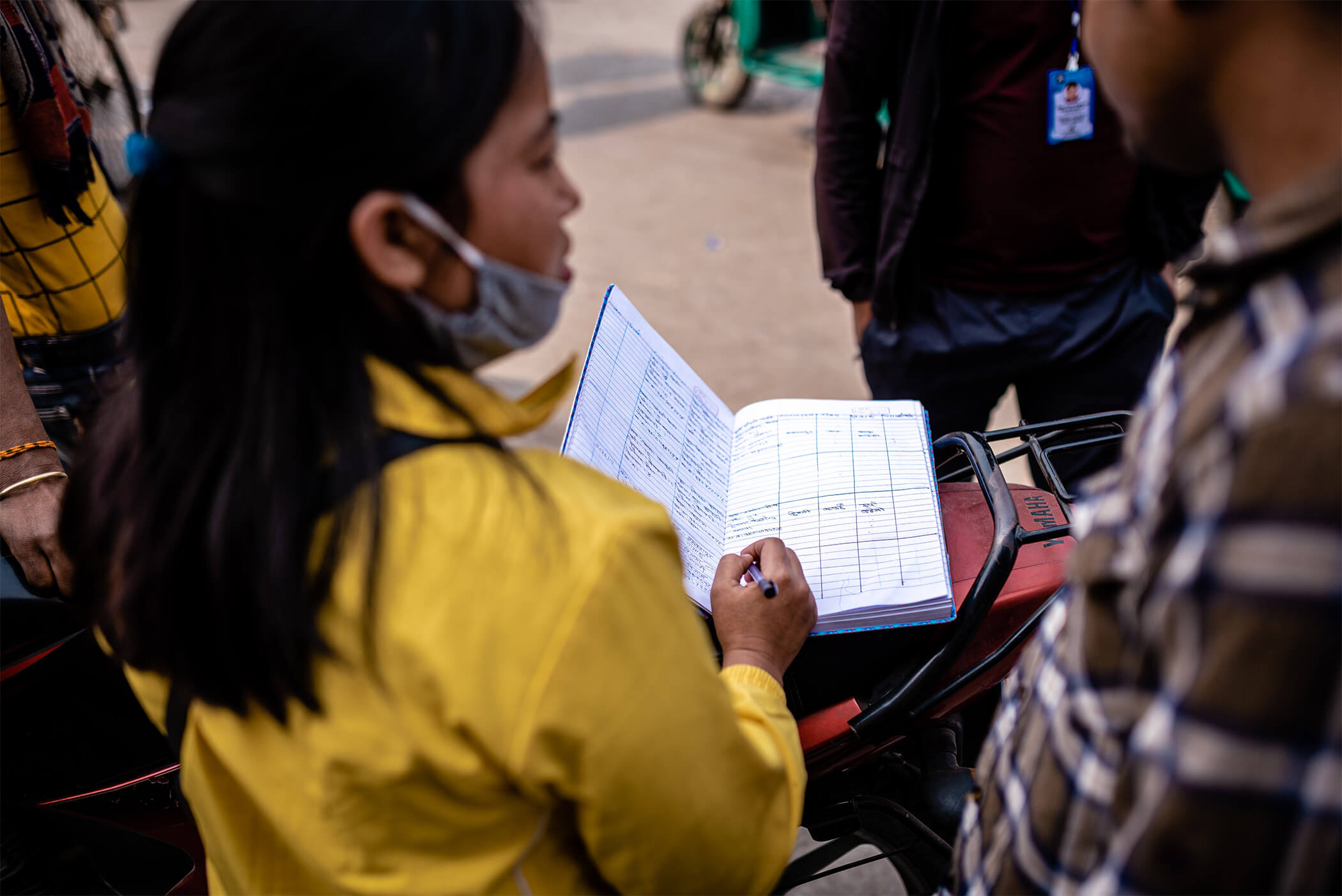




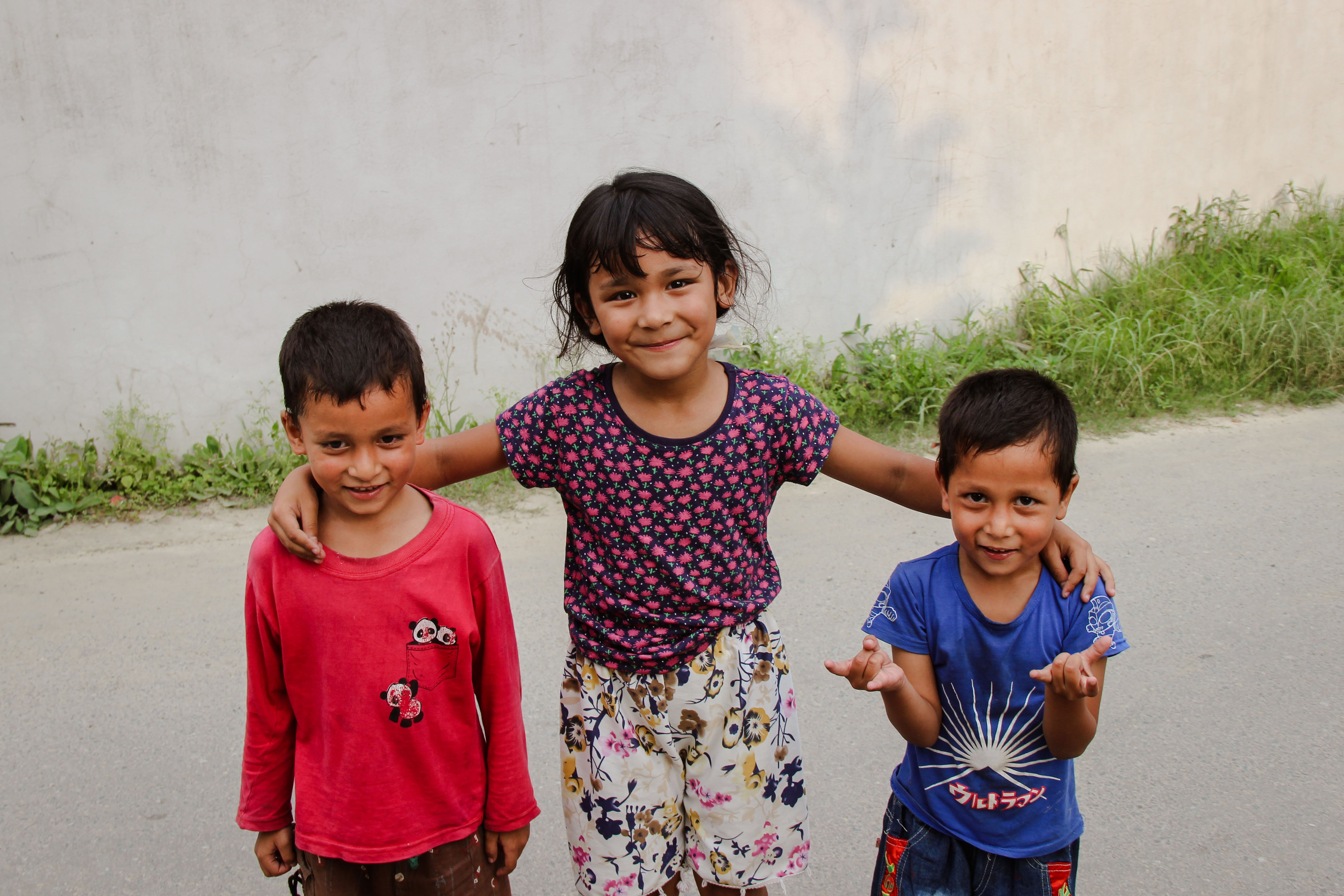
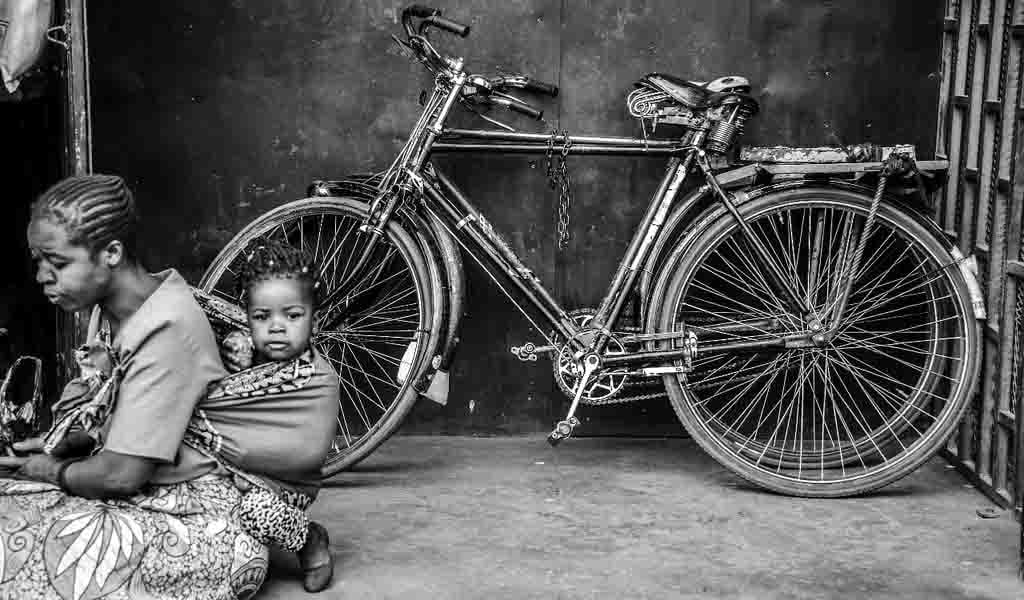
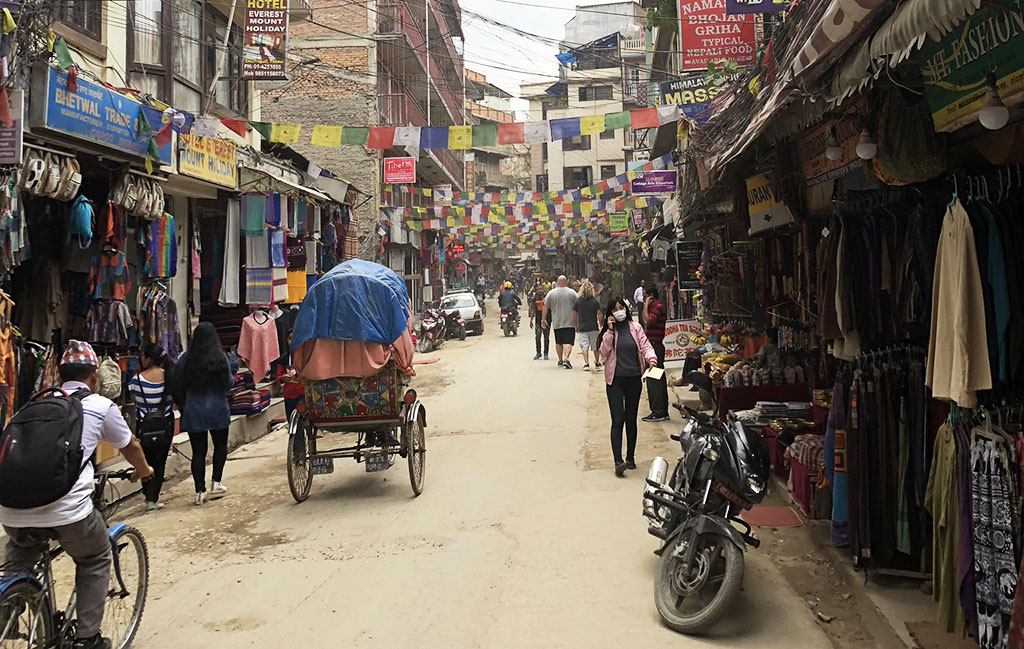
/48039119848_54d4c1e6a3_z.webp)
/kenya_streets_stop_human_trafficking_love_justice.webp)
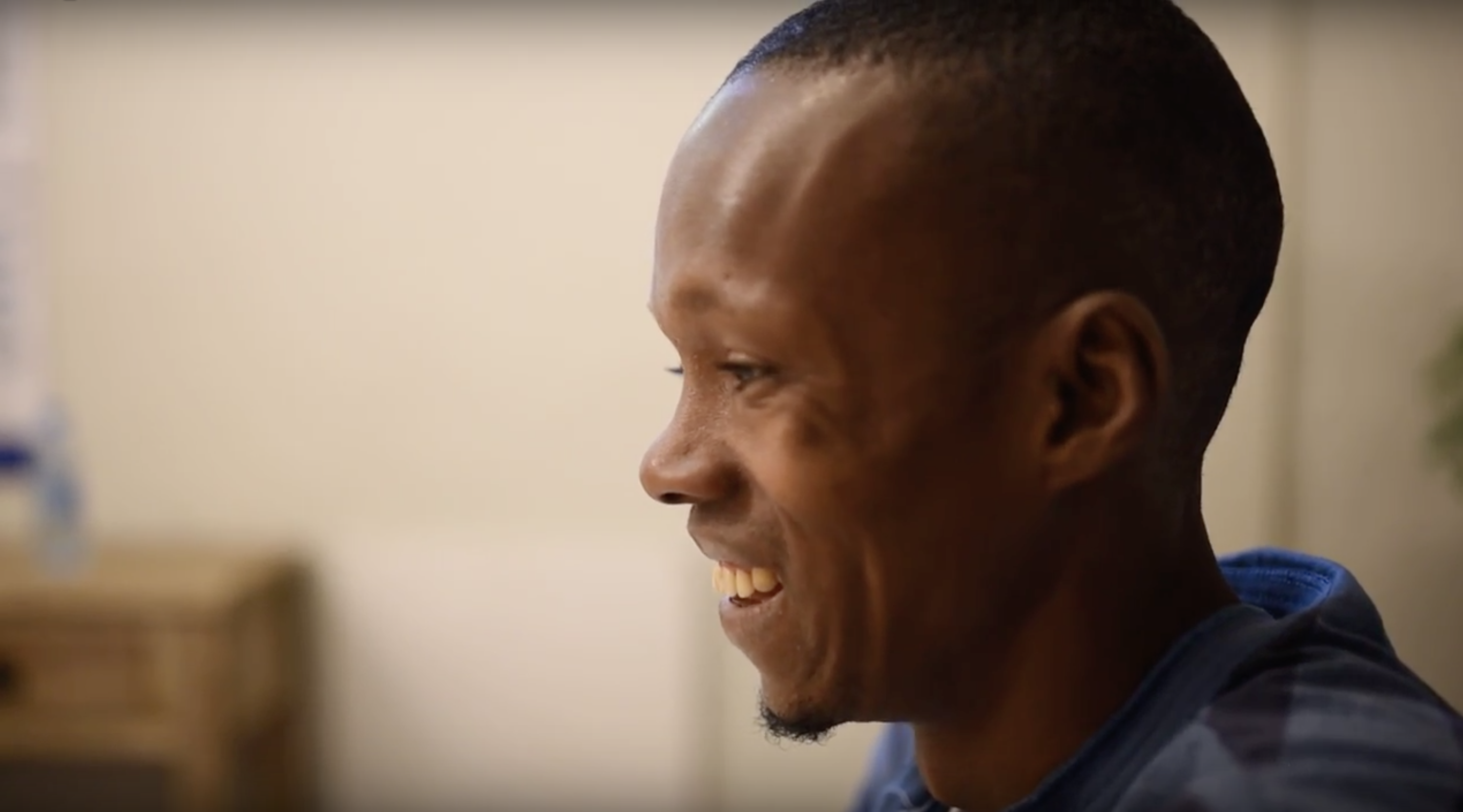
/covid_19_monitor_africa.webp)
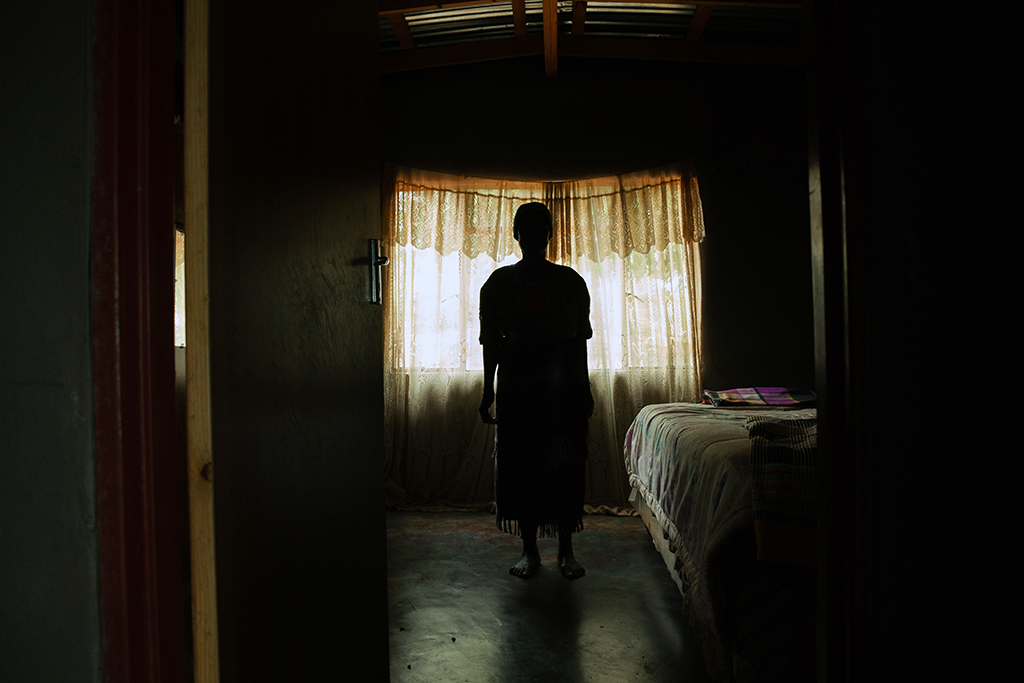
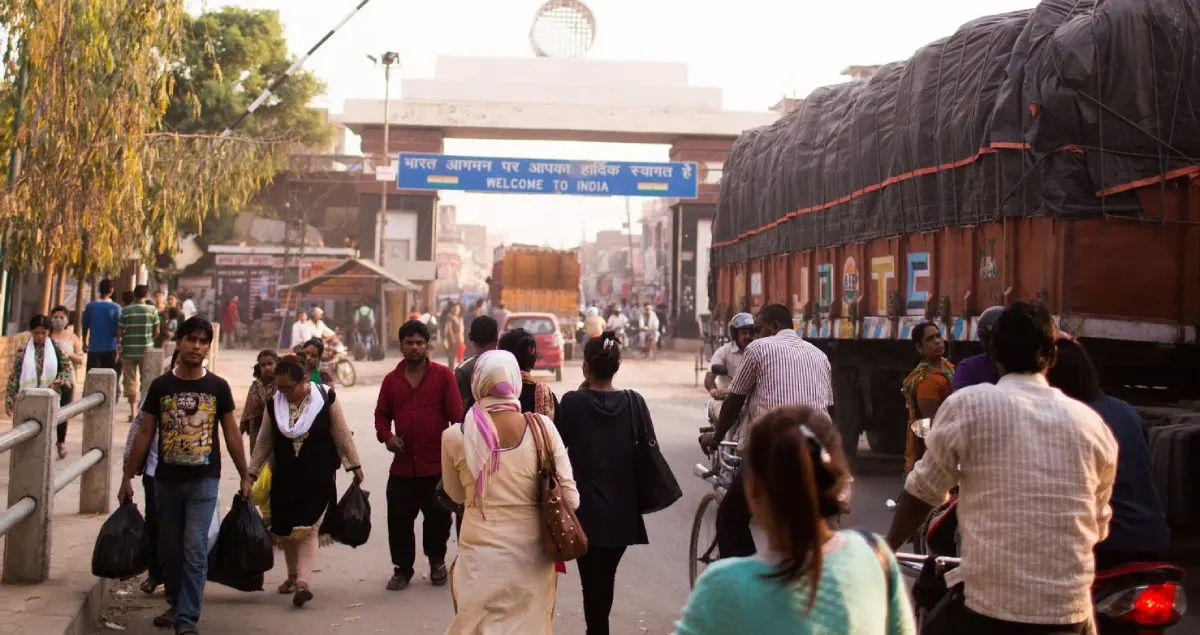
/how_to_help_stop_human_trafficking_girl_smiling_love_justice5.webp)





Post a comment